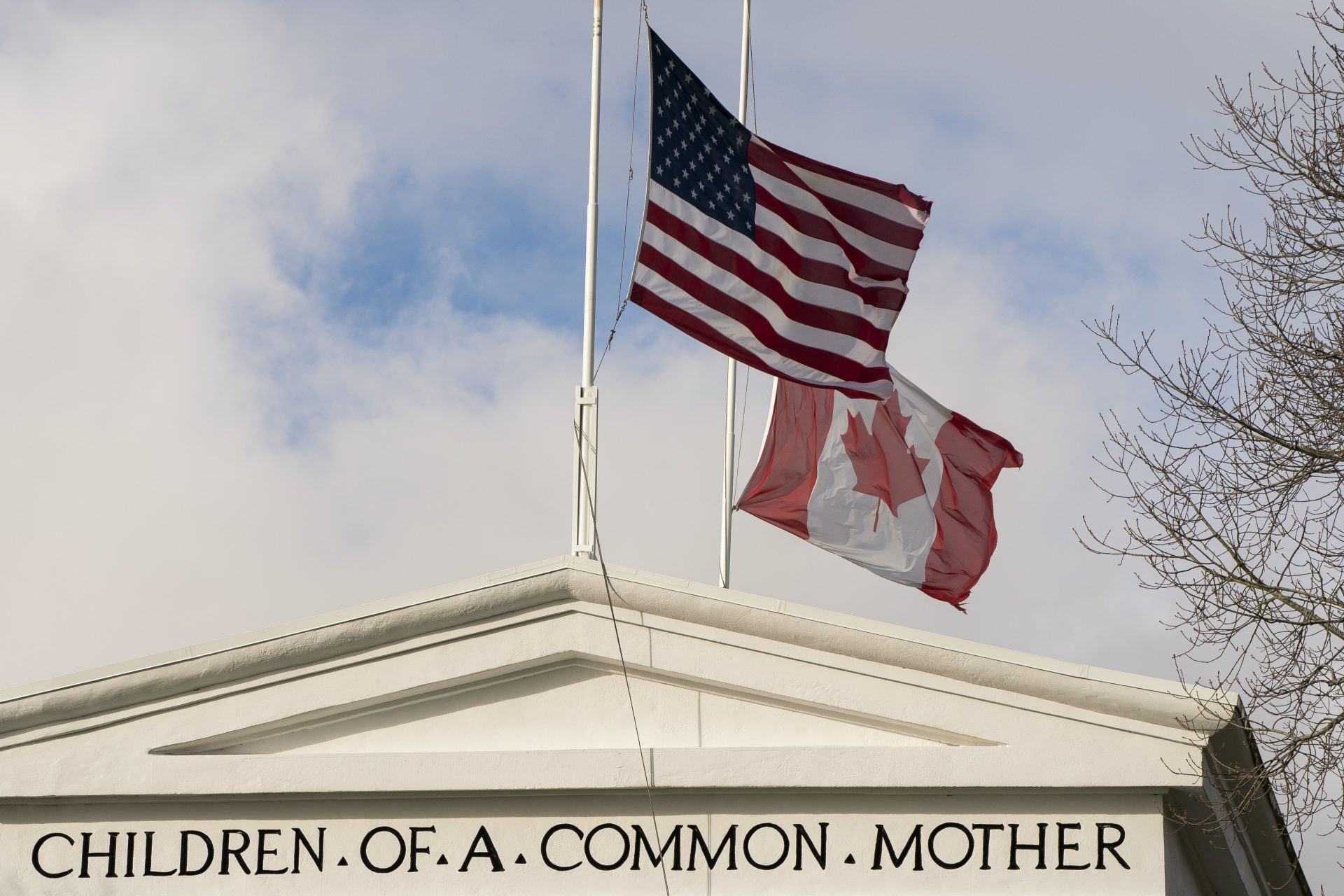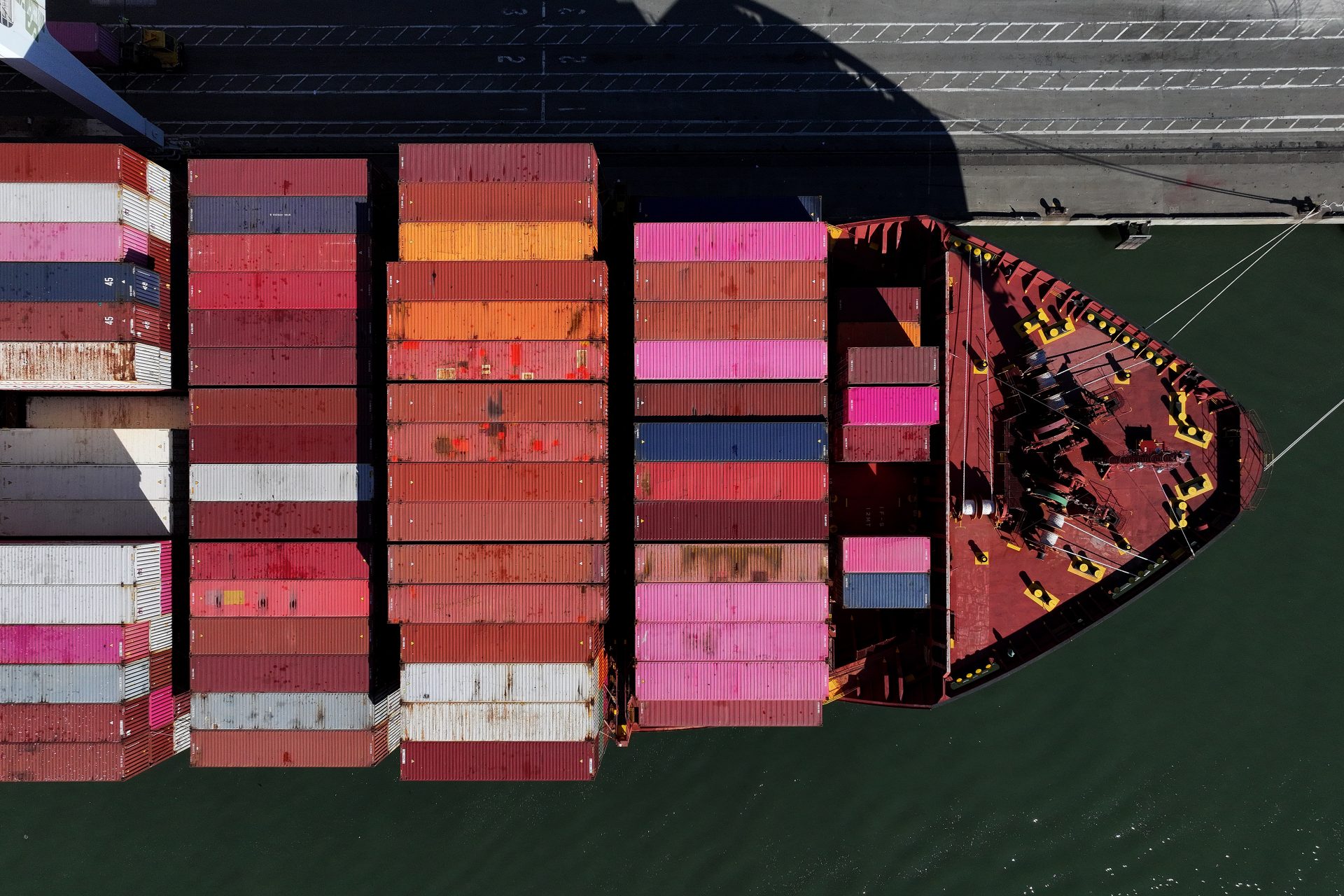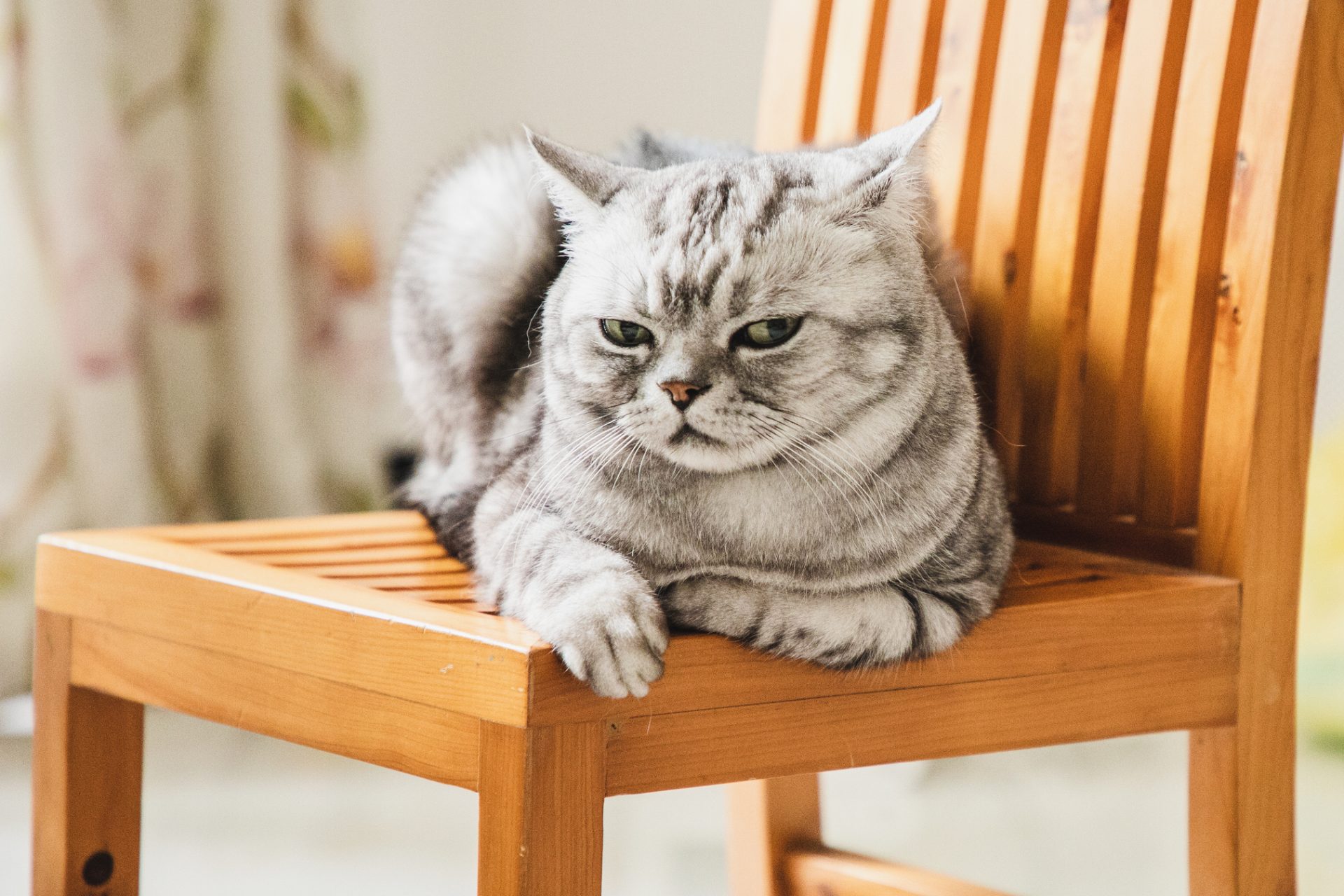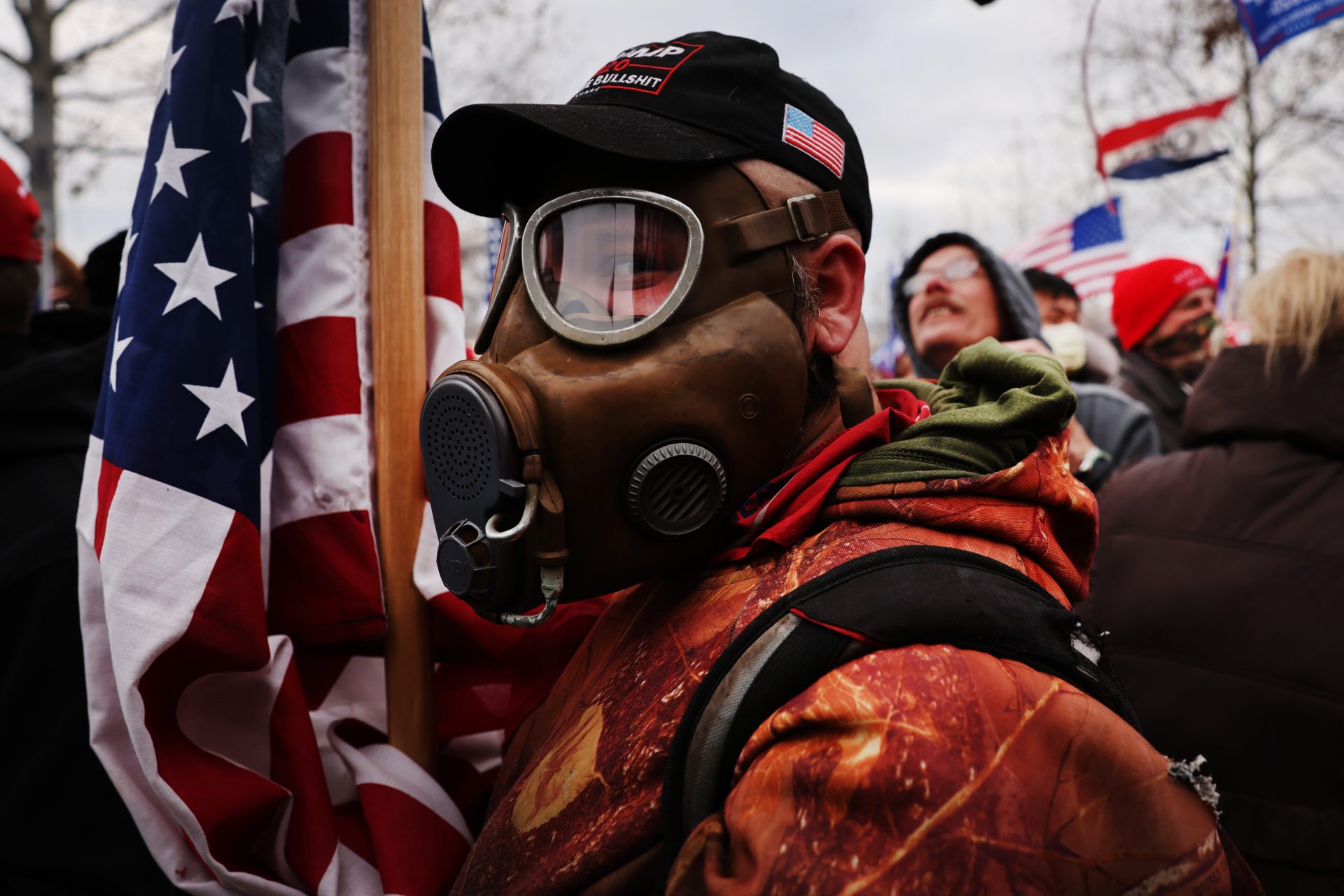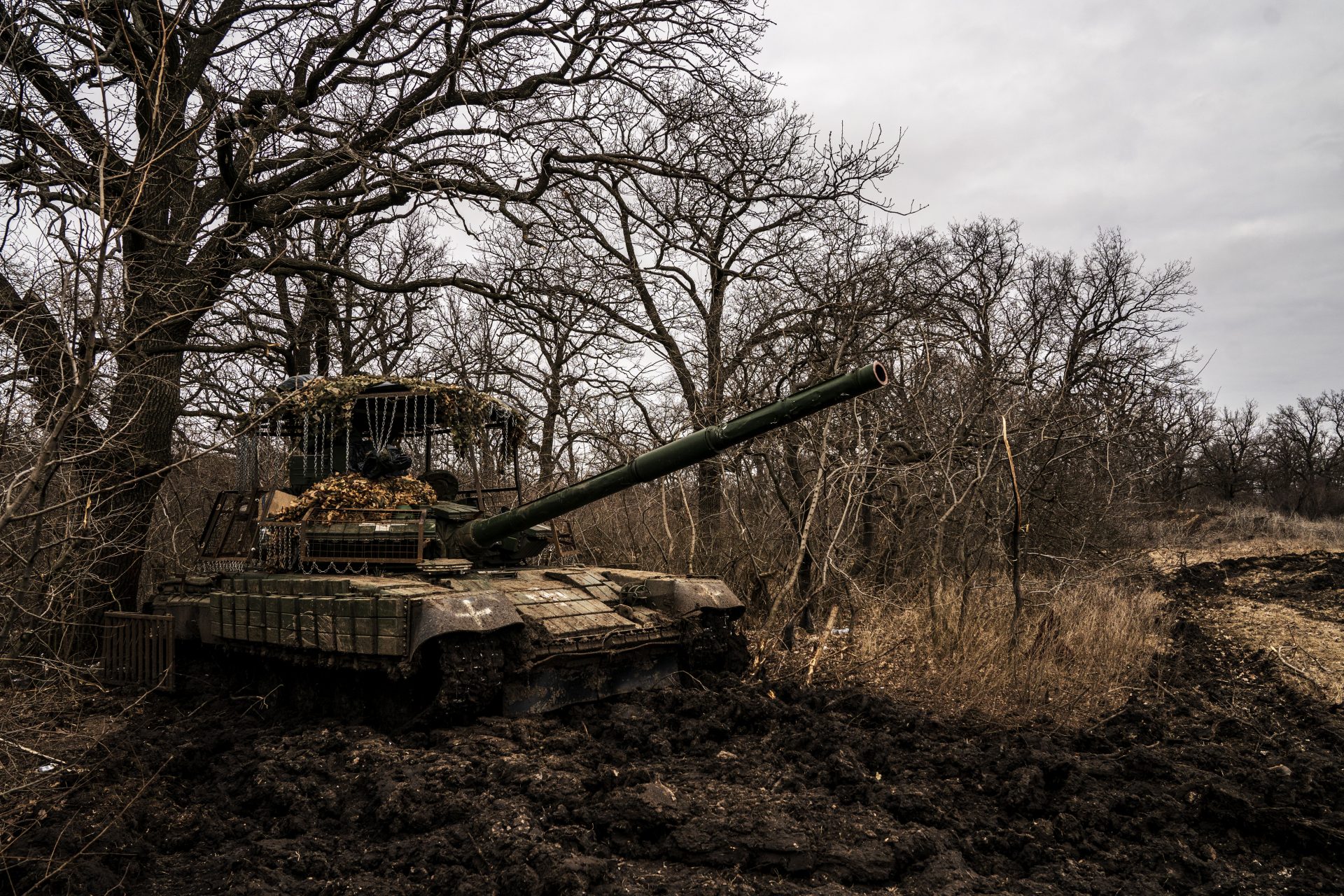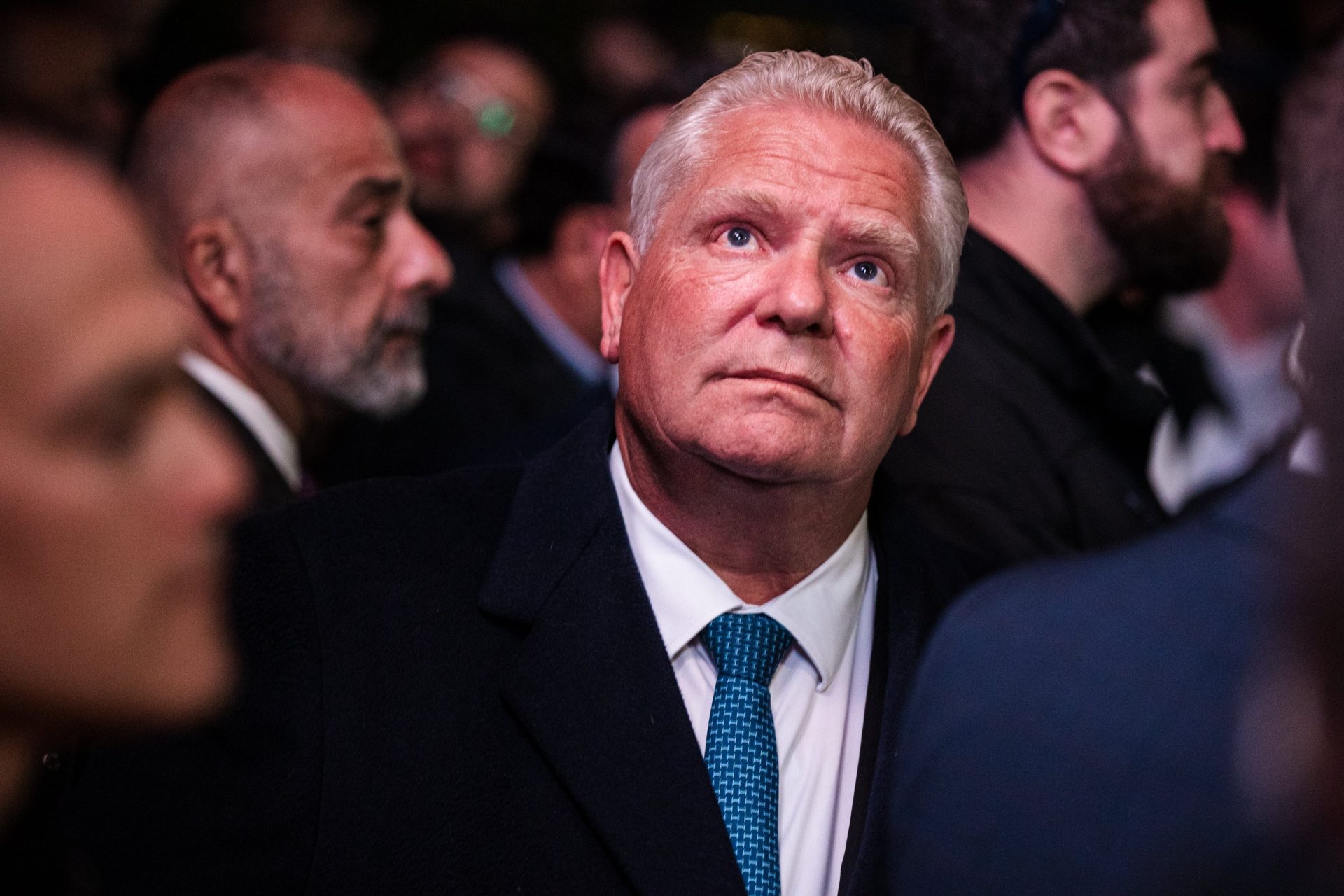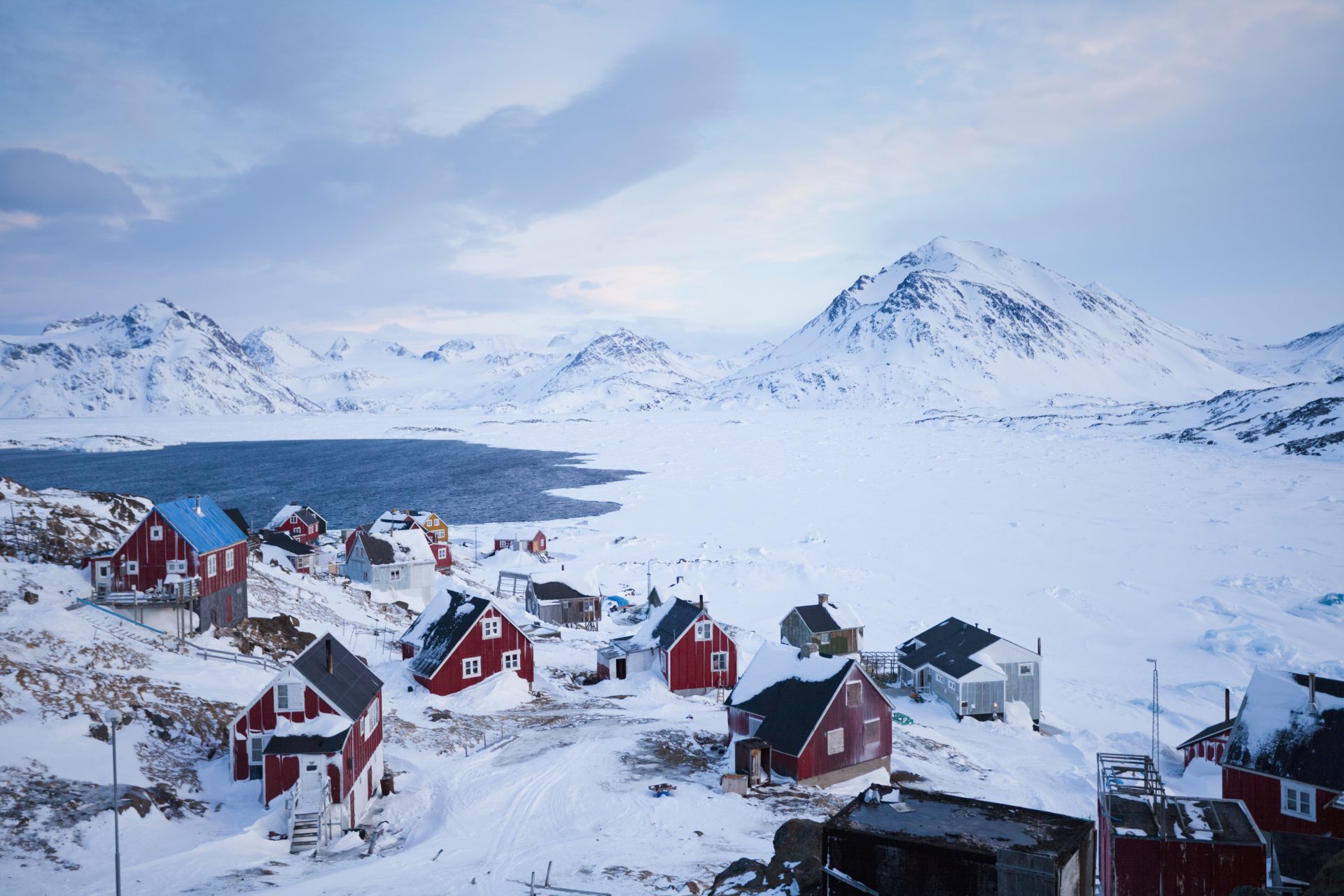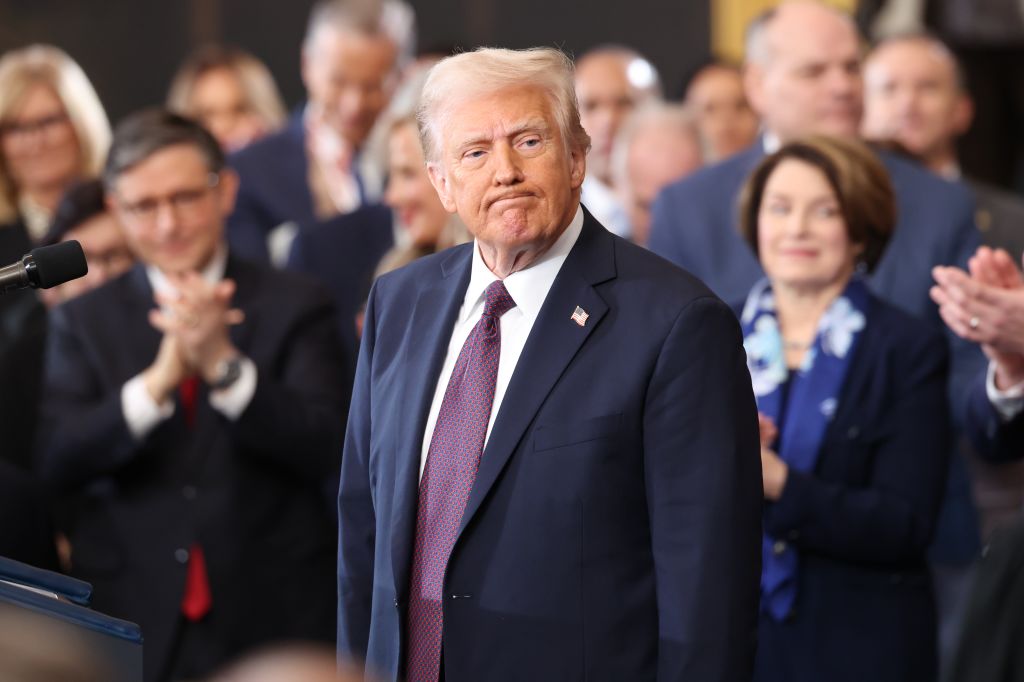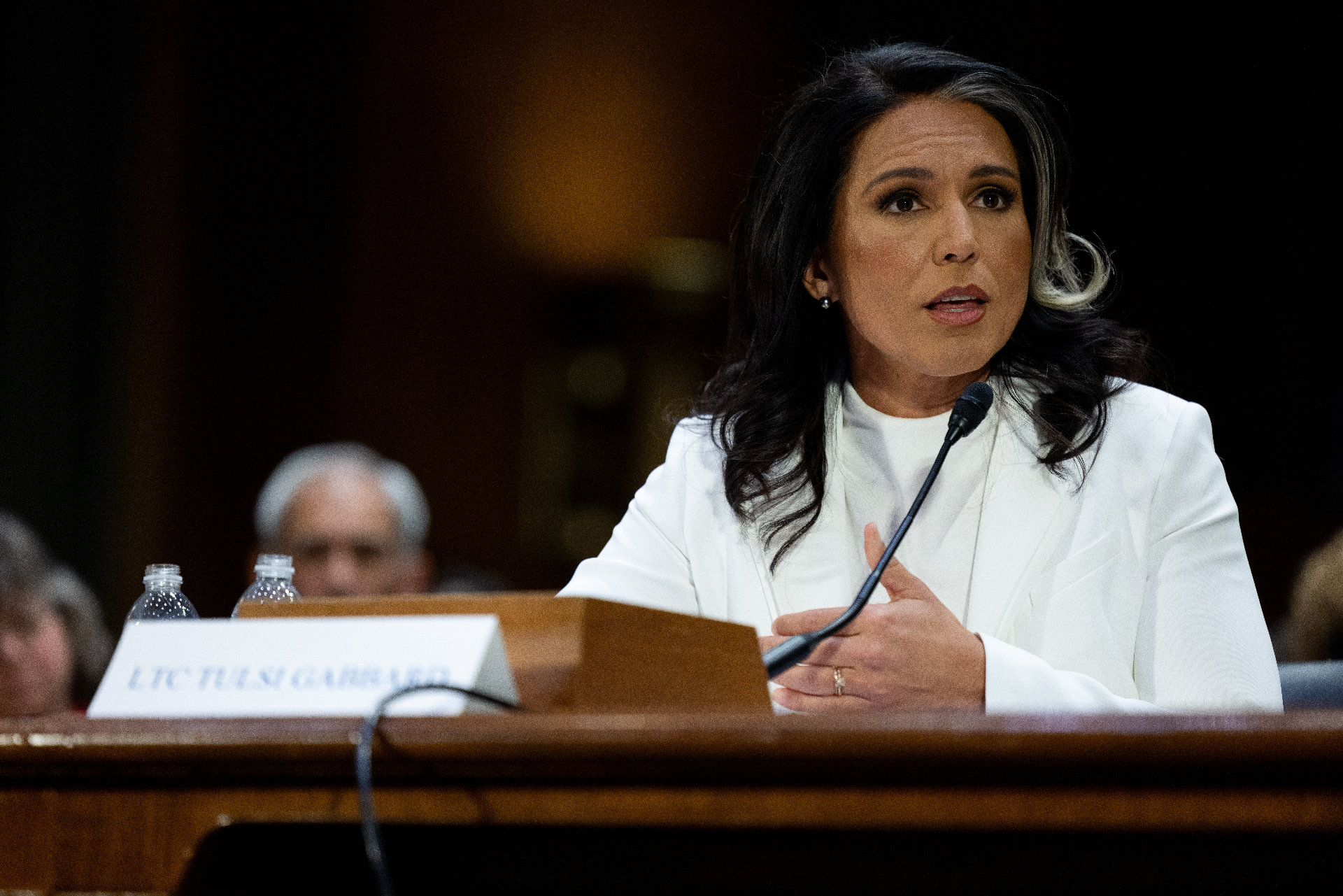Micronations: have you ever heard of these miniscule countries?
A micronation is, as defined by Encyclopedia Britannica, a very small entity that claims to be an independent country but lacks any international recognition. Its existence is usually small enough that it is not considered a threat to the stability of any nation.
Many micronations only have a handful of “citizens”, from which even less people tend to live within its so-called borders. Indeed, some micronations only consist of one person. A few exist solely in concept to have a little more than a website.
The motives behind a micronation are many and can go from a form of political protest to an experimental art project to a prank among friends that got out of hand.
Nobody is certain how many micronations are in the world. Estimates go from 70 to 200 active “countries” around the globe.
The Principality of Sealand is probably the most well-known micronation. It was established in 1967 in an offshore platform that had been decommissioned by the British Navy by Patrick Roy Bates off the coast of Suffolk, England.
The original plan of Prince Roy of Sealand was to use the platform to broadcast a pirate radio station. A court settled that his princely domains were outside British waters.
Prince Roy eventually decreed a flag and a constitution, currency and passports. He passed away in 2012 and was succeeded by his son Prince Michael, the first of his name. Meanwhile, Sealand stands valiantly, literally above the waves.
Australia is considered the capital of micronations, and one of the most famous of these “countries” is The Principality of Hutt River.
Located in the state of Western Australia, the Principality had an extension of 29 square miles (75 square kilometers), making it bigger than most micronations.
The Principality of Hutt River was founded in 1970 by Prince Leonard I, known as Leonard George Casley before ascending to the throne. His Highness founded it to protest wheat production quotas imposed by the government of Western Australia.
Some enemies of the Principality claim that the micronation was something of an excuse to avoid paying taxes to the Australian government. What is true is that when Prince Leonard I met his maker in 2020, Graeme I, the last Prince of Hutt River, agreed to sell off the land to pay off millions from decades of unpaid taxes.
From Australia to Florida, micronations tend to draw similar people. The Conch Republic was founded in 1982 for similar reasons to Hutt River: As a form to protest a US border patrol checkpoint that was causing problems among the locals in the Florida Keys.
The founding fathers of the Conch Republic, led by Key West mayor Dennis Wardlow, declared war on the United States only to surrender, in order to open negotiations with the US government.
Since then, Conch Republic is still embraced and celebrated in the keys as one more of those eccentricities Florida is known for.
Another micronation that was born out of a protest is the Maritime Republic of Eastport, a seaside neighborhood in Annapolis, Maryland.
The people of Eastport declared independence from Annapolis and the United States after the Maryland State Highway Administration temporarily shut down a bridge connecting Eastport with Annapolis.
Nowadays, Eastport residents take its own local micronation in jest, with an annual festival that includes a tug-of-war with the rest of the world and a race across the drawbridge.
Located near Dayton, Nevada, the Kingdom of Molossia was founded by Kevin Baugh and his family in 1977.
Image: The official Molossia website
Baugh’s official title is His Excellency President Grand Admiral Colonel Doctor Kevin Baugh, President of Molossia, Protector of the Nation and Guardian of the People.
The Nevada micronation has become a tourist attraction. In 2010, Molossia was invaded by YouTube personality Doug Walker, better known as The Nostalgia Critic.
Image: Channel Awesome
Some people have tried to set their micronation in disputed or unclaimed land. This is the case of the Free Republic of Liberland, located in the western bank of the Danube in a territory that is part of an ongoing border dispute between Croatia and Serbia.
Liberland was founded and has been ruled by President Vít Jedlička, a Czech libertarian and Eurosceptic politician, with the idea of making a country with open borders and minimal state intervention.
The Croatian police has routinely stopped Liberland activists, journalists and just plain adventurers trying to reach the small, disputed tract of land.
Freetown Christiana is probably on the other side of the political spectrum. Located in a squatted military base in Copenhagen, Denmark, it started out in 1971 as an Anarchist commune.
According to the Copenhagen government, about 1,000 people live in Christiana and is one of the most visited places of the Danish capital.
The Principality of Seborga, according to its official story, has been a sovereign Italian state since the 10th century and was overlooked during Europe’s reorganization after the Napoleonic Wars. The town is near the French border and not far from Monaco.
That’s what local flower grower Giorgio Carbone claimed in 1963 after supposedly seeing some documents in the Vatican Archives. Carbone ascended to the throne as His Tremendousness, Prince Giorgio I.
Giorgio I was succeeded in 2010 by Marcelo I after an election carried by the town’s 200 inhabitants. In turn, Marcelo I abdicated in 2019 and was replaced by his exwife, Princess Nina.
More for you
Top Stories































